- What is Life Insurance
- Advantages of Life Insurance
- Disadvantages of Life Insurance

Daina is a content writer with a profound grasp of Insurance, Stocks, and Business domains. Her extensive 3-year experience in the insurance industry equips her with a nuanced understanding of its intricacies. Her skills extend to crafting blogs, articles, social media copies, video scripts, and website content. Her ability to simplify complex insurance concepts into reader-friendly content makes her an expert in the domain.
Reviewed By:

Sharan Gurve has spent over 9 years in the insurance and finance industries to gather end-to-end knowledge in health and term insurance. His in-house skill development programs and interactive workshops have worked wonders in our B2C domain.
Updated on Jul 09, 2025 4 min read
Advantages and Disadvantages of Life Insurance Policy
Life insurance is a long-term investment providing the benefits of wealth creation or protection. However, Indian people still avoid investing in life insurance because they consider it unnecessary.
Buying life insurance is an ideal way to be prepared for unforeseen circumstances that may lead to devastating financial losses to your loved ones. It is best to buy a life insurance plan at the earlier stage of life when you're young and healthy because you can get the insurance at a lower premium rate.
It even provides financial security to your family members if something happens to you and helps them pay off debts, loans, living expenses, and any medical or funeral expenses. Before making any decision, you must first know the benefits of life insurance and the disadvantages.
Why is it Important to Buy Life Insurance?
Even though life insurance is a crucial aspect of life, people still don't consider buying it. If passing your liabilities to your family members scares you, life insurance should be your utmost priority. It is all about providing risk coverage and taking care of the family's monetary needs in the absence of an insured person. However, life insurance comes in different variants to fulfill the needs of people from different walks of life. For instance, you can take a retirement plan in which you'll get a monthly income.
Top 5 Advantages of Life Insurance
- It provides the benefits of savings or security.
- It provides comprehensive coverage at affordable premiums.
- It completes your financial plan.
- It's flexible and customizable.
- It provides different tax advantages.
Life Insurance Offers the Benefits of Savings or Security
Life is full of uncertainties, so it is best to be prepared for it by buying life insurance. It acts as a risk coverage in the event of an insured person's demise as well as long-term investment. With life insurance, you can fulfill your future goals, whether it's your kid's higher education, marriage, building a house, or planning a relaxed retired life.
-
Life Insurance is Affordable
When it comes to life insurance, there's no limit to investing in it because the market is filled with several plans, starting from Rs. 800 to Rs. 1,000 monthly premiums. Your premiums may be calculated based on the sum assured you seek and the stage of life when buying a policy. Ideally, buying a life insurance plan at the earlier stage of life when you're young and healthy is beneficial because you can get the insurance at a lower premium rate.
-
Life Insurance Completes your Financial Plan
Life insurance is the key element of financial planning. A life insurance policy is important to secure the lives of your loved ones against unpredictable events as well as fulfil the financial goals of life. It even acts as an appropriate saving and investment tool. A life insurance policy helps you achieve different financial goals in the long term.
-
Life Insurance is Customizable
One of the crucial aspects of buying life insurance is that you can customize it to your needs. With life insurance, you can always select the add-on riders of your choice.
Here, we've listed all the available riders that you can add to the life insurance base plan:
- Critical illness rider
- Accidental death rider
- Accidental disability rider
- Hospital care rider
- Surgical care rider
- Waiver of premium due to disability rider
- Waiver of premium due to critical illness rider
With life insurance, you can get the different modes of premium payment. However, the most common payment modes are monthly, quarterly, and annually. It's up to the policyholder to choose the premium payment mode.
-
Tax Advantages of Life Insurance
Life insurance comes with different tax benefits under the Indian Income Tax Act 1961. Tax exemptions are one of the biggest perks of buying life insurance plans. It helps policyholders to claim a tax-free deduction under sections 80C, 80D, and 10 (10D) of the Income Tax Act 1961. Some of you are unaware of that, but the death benefit obtained from a life insurance policy is entirely tax-free.
Disadvantages of Buying Life Insurance
- Life Insurance Can be expensive for older adults.
- Be aware of exclusions and hidden clauses of life insurance policy.
- Issues with claim settlement
- Opting for it can be a hassle.
-
Life Insurance Can be Unaffordable for Older Adults
Buying a Life insurance plan with minimal health conditions at an early age is beneficial because the premium amount will be cheaper. As we know, a few factors will determine the premium amount, and the two primary factors are medical history and age.
If you opt for a life plan during the older stage of life with serious health issues, the premium will be higher and may not be worth getting. However, the insurer often charges more premiums if your profile includes that may potentially increase your risks, such as chronic illness or an alcoholic and smoking addictions.
-
Be aware of exclusions and hidden clauses
Life insurance has become the popular choice for policyholders, but like any financial product, it also has some exclusions and hidden clauses. So, it is always advisable to understand the T&C of the insurer before making any decisions. There are several clauses and general exclusions in life insurance policies, such as suicide exclusion, incontestable clause, spendthrift clause, aviation clause, war clause, etc.
-
Be aware of exclusions and hidden clauses
Life insurance has become the popular choice for policyholders, but like any financial product, it also has some exclusions and hidden clauses. So, it is always advisable to understand the T&C of the insurer before making any decisions. There are several clauses and general exclusions in life insurance policies, such as suicide exclusion, incontestable clause, spendthrift clause, aviation clause, war clause, etc.
-
Issues with claim settlement
Life insurance policies come with specific inclusions, exclusions, and particular T&Cs for claim approval. However, there are certain situations where claims get rejected, or the compensation amount is lessened due to specific policy clauses. Henceforth, it is essential to read and understand the policy T&Cs carefully before buying the plan.
-
Applying for Life Insurance can be Daunting
In India, there are a total of 24 life insurance companies offering a wide range of life insurance products to cater to the needs of policyholders. So, selecting the right one on your own can be overwhelming.
Opting for life insurance typically involves the following:
- A lot of paperwork.
- Taking a medical test.
- Providing medical histories to the insurer.
Please note that the minimal health conditions you present to the insurer at an early age, the cheaper your premiums will be.
Conclusion
Life insurance benefits are not just associated with financial protection. No matter how much you earn, you can still opt for life insurance at affordable premiums. But before making a financial decision, you must comprehend the advantages and disadvantages of a life insurance policy. It may help you decide
Advantages and Disadvantages of Life Insurance: FAQs
1. What are the five cons of life insurance?
Life insurance can be expensive for older adults. Life insurers have complicated T&Cs. Sometimes, you may have to pay additional charges due to some hidden clauses of the life insurance policy. You might face some issues with claim settlement. Opting for it can be a hassle.
2. Is it good to have life insurance?
Life insurance is the best way to secure the lives of your family members financially if something happens to you. However, life insurance should be your utmost priority if you are scared to pass your liabilities to your family members.
3. What is the best age to buy life insurance?
It is advisable to buy a life insurance policy for yourself as soon as you start earning between the age of 25 to 40. Waiting for an older stage of life is unnecessary because the premiums will be expensive.
4. When should I stop life insurance?
It& 039;s up to you when you would like to stop your life insurance. Typically, people stop their insurance once they reach their 60s or 70s because their responsibilities are reduced. Some people also prefer to keep life insurance to leave an inheritance to kids and pay off final expenses.
5. Why is life insurance safe?
If your family depends on your financial stability, you must consider buying life insurance. However, in the event of your demise, your beneficiaries will get a death benefit guaranteed to be paid in full.
6. What is the maturity age of life insurance?
The date at which your life insurance policy comes to an end is referred to as the policy& 039;s maturity date. Once you outlive the policy tenure, then you& 039;re liable to receive the maturity benefits.
Life Insurance Companies
Share your Valuable Feedback
4.6
Rated by 865 customers
Was the Information Helpful?
Select Your Rating
We would like to hear from you
Let us know about your experience or any feedback that might help us serve you better in future.


Written By: Daina Mathew
Daina is a content writer with a profound grasp of Insurance, Stocks, and Business domains. Her extensive 3-year experience in the insurance industry equips her with a nuanced understanding of its intricacies. Her skills extend to crafting blogs, articles, social media copies, video scripts, and website content. Her ability to simplify complex insurance concepts into reader-friendly content makes her an expert in the domain.




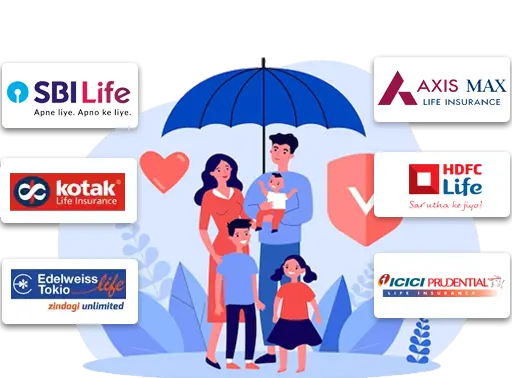

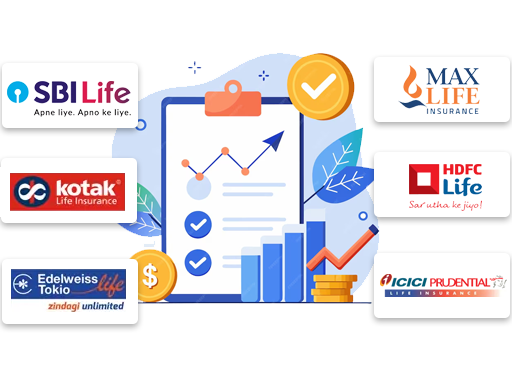
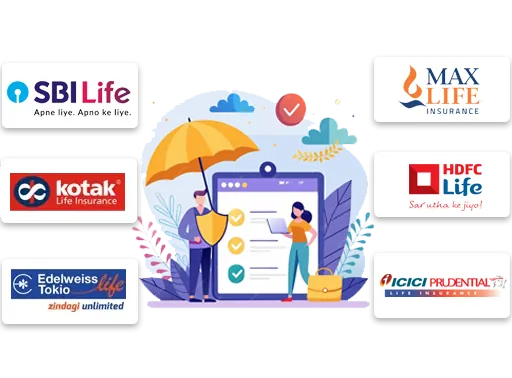

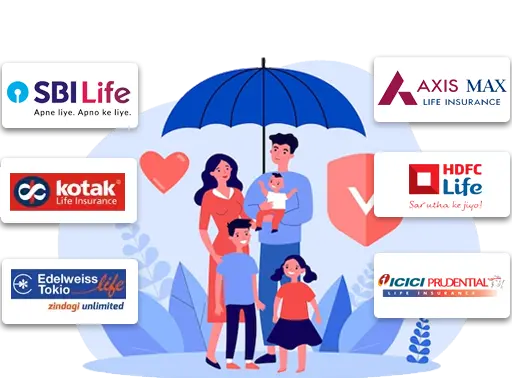
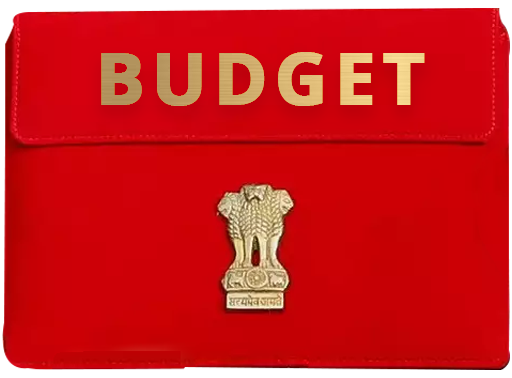
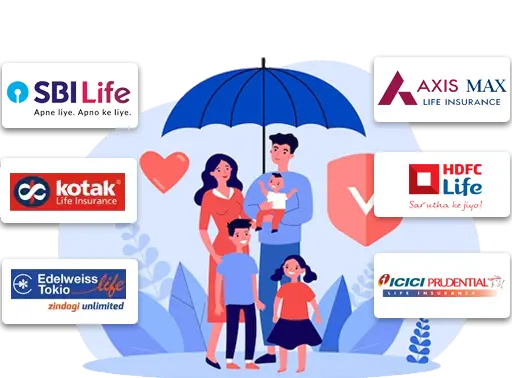
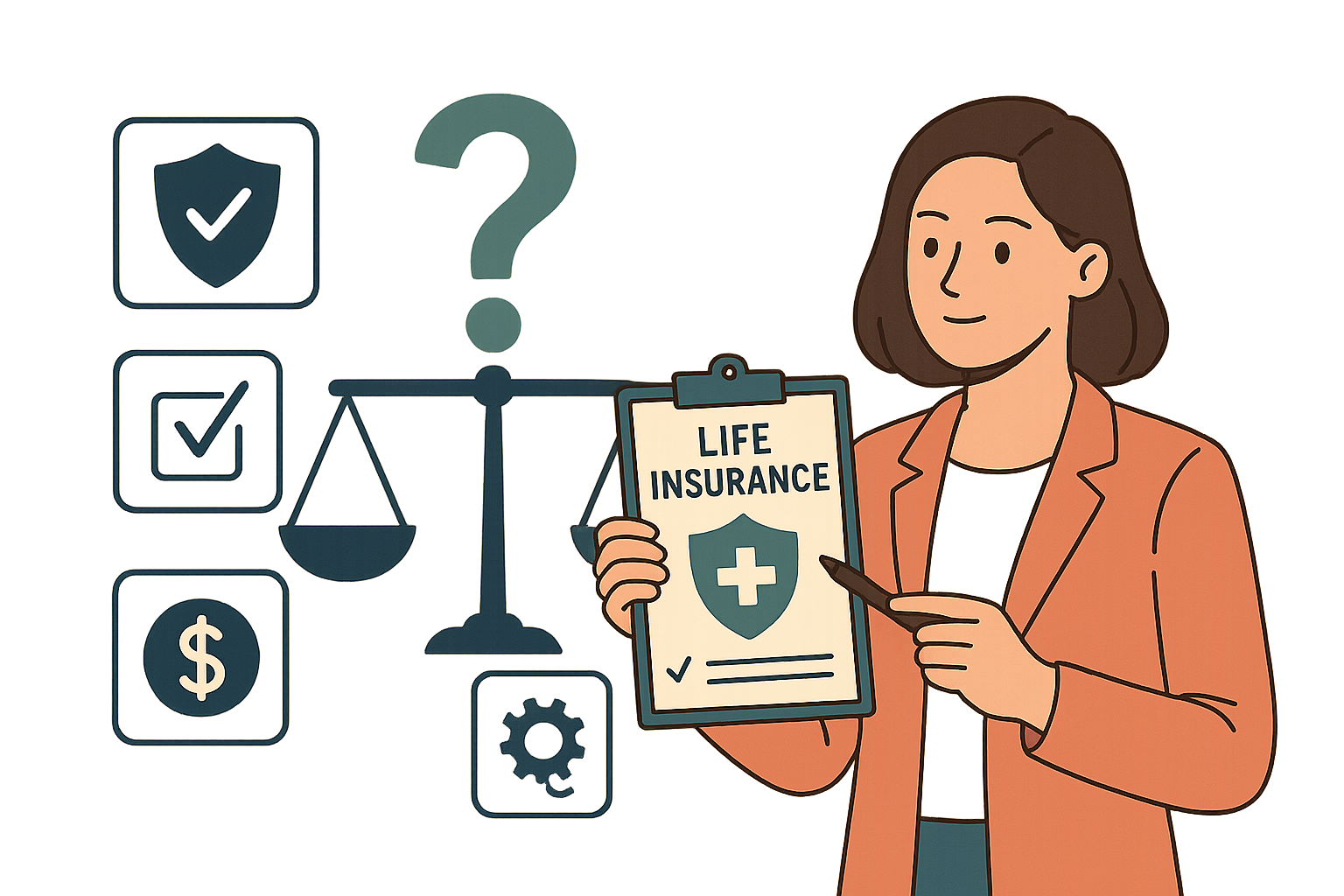





Do you have any thoughts you’d like to share?